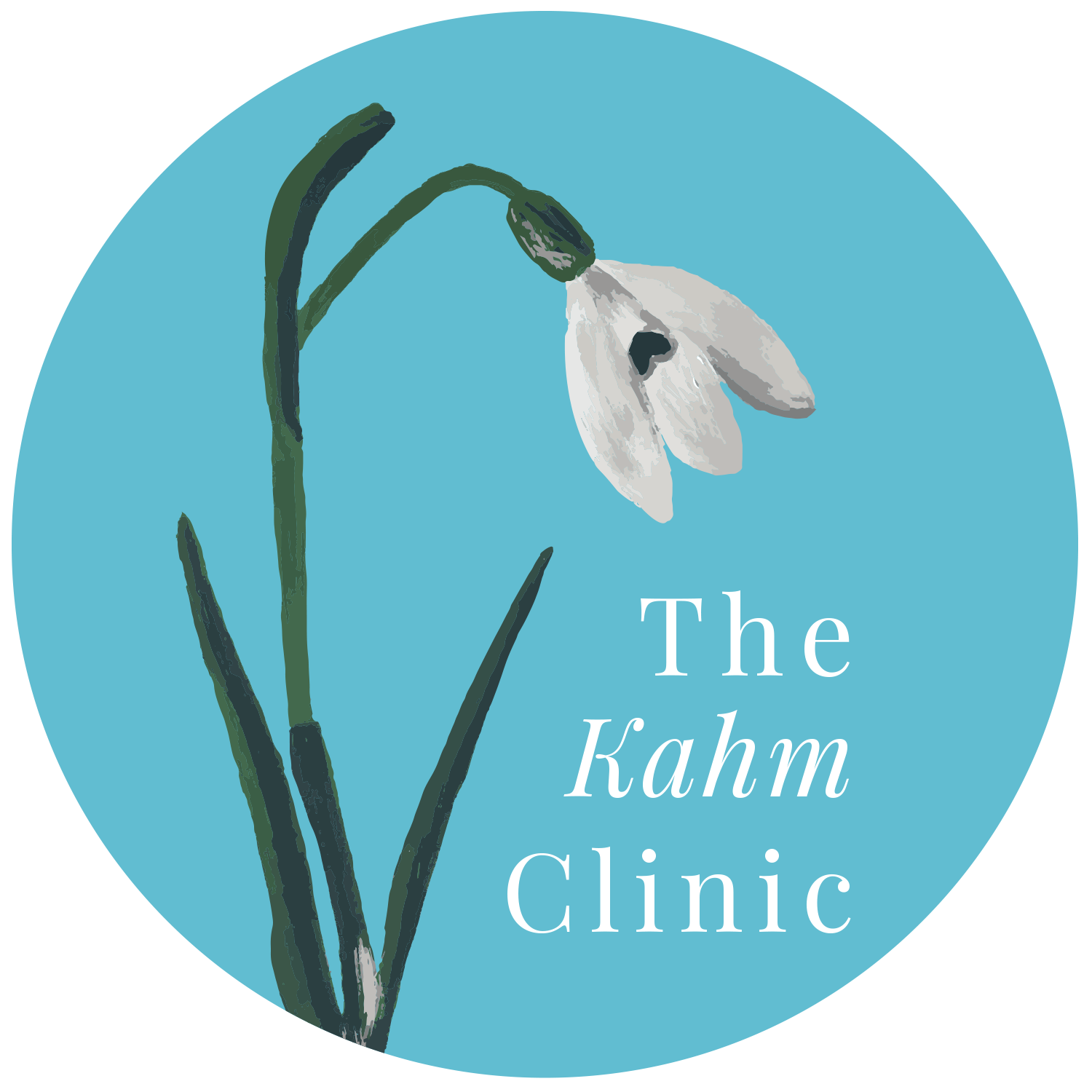Three Truths About Nutrition and Exercise: Common Myths Debunked
Many people like to speak in absolutes when it comes to nutrition and exercise. In truth, though, these two fields are more complicated than that. With that thought in mind, we want to examine and debunk three commonly-held beliefs about nutrition and exercise.
Myth #1: You can’t eat carbohydrates for breakfast.
Consider the statement below from a health professional:
“When you have starch or sugar in the morning — whether it’s a muffin, a bagel, oatmeal, French toast, pancakes, or a fruit smoothie — it’s the worst thing you can do. You want to start your day with protein and fat.”
Well, we can think of a lot worse ways to start your day than by eating carbohydrates! The speaker here is referencing a study in which half of participants ate oatmeal for breakfast and the other half ate an omelet. Ultimately, the group that ate oatmeal consumed more calories throughout the day — which makes sense! There was no protein and fat in the oatmeal, and that’s what keeps you fuller for longer.
The lesson, then, is not that you can’t eat carbs in the morning. We simply want you to pair those carbs with a protein and fat — just as you should for any meal or snack. “So if you want pancakes, have pancakes!” says nutritionist Elaina Efird, RDN, CD, CEDRD, CSSD. “Just have some eggs on the side. If you want oatmeal, throw protein powder, peanut butter, or nuts in it.”
If you’re looking for high-protein meal and snack ideas, check out this YouTube video!
Myth #2: Not exercising means you lack discipline.
You’ve most likely been told that everyone can fit an hour of exercise into their day. What about a working mom who clocks 10 hours at the office before grabbing her kids, attending their sports practices, and returning home for dinner, homework, and bed — all to rinse and repeat the next day? What about someone who wakes up at 4:45 a.m. for work and doesn’t return home until after 7 p.m., eating most of their meals in the car? Or what about the simple fact that some people have very limited free time that they want to spend with friends and family rather than at the gym?
It’s important to consider people’s lived experiences. A blanket statement like the one above doesn’t consider the responsibilities and realities of everyday life.
Myth #3: Nutrition is black and white.
If you walk away from this blog post with one new nugget of knowledge, let it be this: Nutrition exists in a gray area. It impacts us all in different ways. What works well for your body and your health may not have the same effect on someone else.
“We have unique bodies and unique genetic makeups,” explains Elaina. “If someone tells you that they have the secret or that one thing to change your health or your body, they’re probably selling something. Don’t listen to them.”
Subscribe to our YouTube channel for more video content!
To talk to a professional about eating disorder treatment, nutritional needs, and more, please reach out to our staff or schedule an appointment at The Kahm Clinic today.

